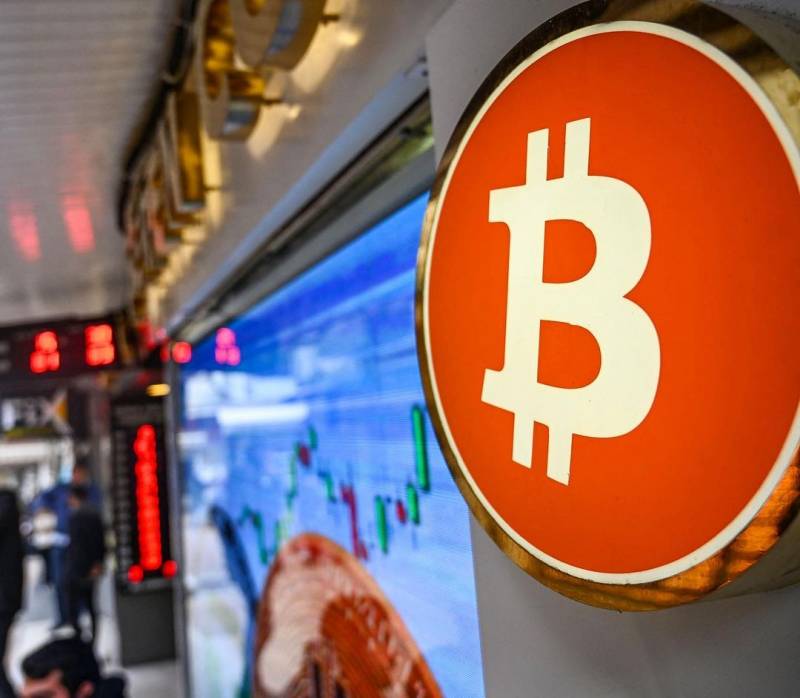The US Securities and Exchange Commission has warned the investing public about cryptocurrencies, stating that the digital asset class is not that decentralized. This criticism comes days after the Nigeria SEC decided to regulate digital assets.
The US Securities and Exchange Commission Chairman, Gary Gensler disclosed this during an appearance at a FINRA conference.
He went on to say that investors should not believe they own their cryptocurrency tokens, noting that using a digital wallet on a platform signifies a transfer of ownership to the platform.
Investors should not believe they own their crypto tokens, according to Gensler, because using a digital wallet on a platform constitutes a transfer of ownership to the platform.
“If the platform goes down, guess what? You just have a counter-party relationship with the platform,” Gensler said. “Get in line at bankruptcy court.”
According to the SEC chair, the digital asset class is not sufficiently decentralized, citing a small handful of important trading and lending venues that manage the majority of crypto-asset traffic.
Gensler argued for fundamental investor safeguards like market integrity, a ban on front-running customers, and anti-manipulation and fraud.
He also stated that crypto platforms frequently trade and make markets against investors.
He said, “When [the platforms] take your custody when they take those tokens, they can use them, they can trade them. It’s not like when you trade in the equity markets,” Gensler said. “They’re making markets against you.”
The Nigerian SEC has released new rules for Digital Assets as part of its effort to regulate digital/virtual assets such as Bitcoins and NFTs.
The SEC’s action effectively legalizes digital assets such as cryptocurrencies and NFTs in Nigeria, where the central bank had imposed an indefinite prohibition.
Gensler, the chairman of the US Securities and Exchange Commission, has been a big promoter of regulating cryptocurrencies and has often attempted to establish power over the asset class by extending the concept of securities to the asset class.
However, he and the SEC have refrained from creating explicit regulations to supervise cryptocurrency, instead of encouraging crypto trading platforms to voluntarily register with the SEC or deciding to take enforcement action against crypto players who violate securities laws.




